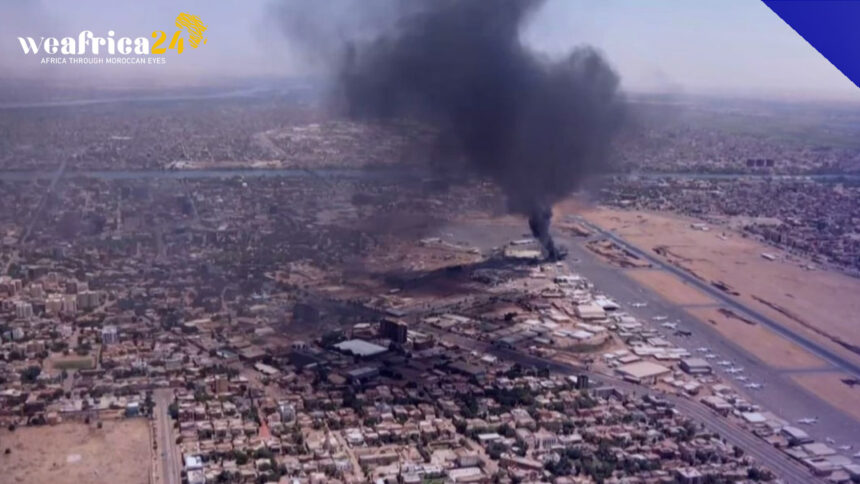In the challenging landscape of Sudan’s current conflict, the ability of Doctors Without Borders to sustain its crucial medical support at the Turkish hospital in Khartoum faces a formidable hurdle, the timely acquisition of emergency visas sanctioned by Sudanese authorities.
In a formal statement issued on August 9th, the organization expounded that the visa applications for urgently required medical personnel, including skilled surgeons, have languished unresolved for eight weeks. The ramifications of this bureaucratic impasse loom large as a mere trio of hospitals perseveres in functionality within the southern precincts of Khartoum, where the stark realities of a war-torn region amplify the myriad challenges they confront.
Since the inception of this predicament on May 15th, Dr. Mego Terzian, an esteemed pediatrician and former president of Doctors Without Borders, has diligently served in the emergency department of the Turkish hospital in Khartoum. This medical institution, initially oriented towards maternal and pediatric care, now grapples with a complex scenario wherein locally-sourced medical professionals willing to navigate exceedingly arduous circumstances remain scarce. Often, the personnel at hand comprise neophyte doctors and nurses, unfamiliar with the demands of managing inflows of critically wounded patients and the exigencies of war surgery.
Invariably, the organization is compelled to seek the expertise of seasoned war surgery practitioners from overseas, a measure that hinges on securing requisite visas. Regrettably, the obtention of these visas for the facilitation of supplementary proficient staff has emerged as a tangible bottleneck. The implications are profound; a deficiency in the ability to renew these medical teams has the potential to disrupt the continuum of operations in the southern vicinity of Khartoum. It is vital to note that the Turkish hospital, bolstered by the efforts of Doctors Without Borders, stands as one of the precariously few healthcare facilities that persist in operation. The plausible scenario of its incapacitation raises dire concerns regarding the alternatives available for patients, particularly children, who rely upon its services.
In the face of these mounting challenges, Dr. Mego Terzian solemnly attests, “The consequences of a lapse in the functionality of the Turkish hospital are profound. It becomes increasingly uncertain where the afflicted patients, especially children, would turn for indispensable medical care if this bastion of healing were to falter.”







